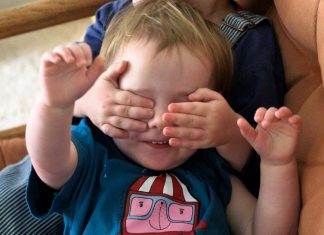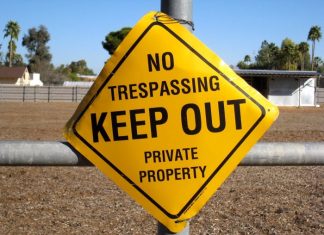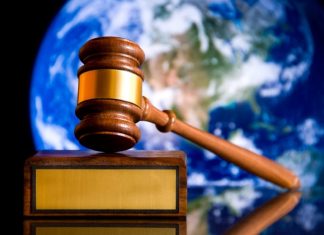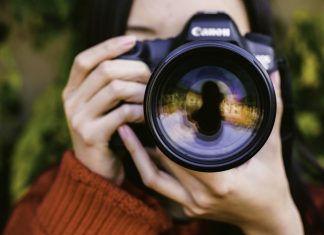Ethics
Our ethics section examines the professional standards that guide responsible journalism. Explore principles of impartiality, fairness, accuracy, and journalistic integrity while also learning to navigate challenging ethical dilemmas journalists face in their daily work. All our material is free to download, adapt and use. Scroll down our site map for all the content in this and other sections.
Is your journalism ethical?
Reliable journalism is based on applying strict editorial ethics to all we do so that we can examine the issues that have the most impact on the lives of our audience.
Integrity and journalism
Without integrity your journalism is untrustworthy and suspect. Integrity is essential if a journalist wants to investigate issues, shine a light in dark places, and to dig where others don't.
Offence and journalism
Rigorous journalism inevitably offends some audiences. Global broadcasters must cover all aspects of human experience to reflect world affairs accurately.
Respecting privacy as a journalist
Journalists must balance privacy rights with the need for rigorous, robust investigation into matters of public interest.
Unconscious bias and journalism
Bias is a prejudice for or against a group, often leading to unfair judgements. While it's a normal human trait, understanding our biases is vital for fairness.
Fairness in journalism
Fairness in journalism means exploring all sides of an issue and reporting the findings accurately.
Why editorial ethics are important
The Media Helping Media ethics section is designed to help journalists navigate some of the challenges they might face as they go about their work.
Photojournalism and ethics
The following are commonly accepted ethical guidelines for photojournalists adopted by most mainstream media.
You might also like
Militaristic words used in journalism
Here we look at some of the most common militaristic words that are regularly used in journalism, along with their intended meaning and possible non-militaristic alternatives.
Public interest – scenario
This scenario looks at some of the issues that need to be considered when deciding whether a story is in the public interest.
Making documentaries for radio
Documentaries are in-depth stories told in a more interesting way. A great documentary engages listeners and puts them at the heart of the storytelling.







